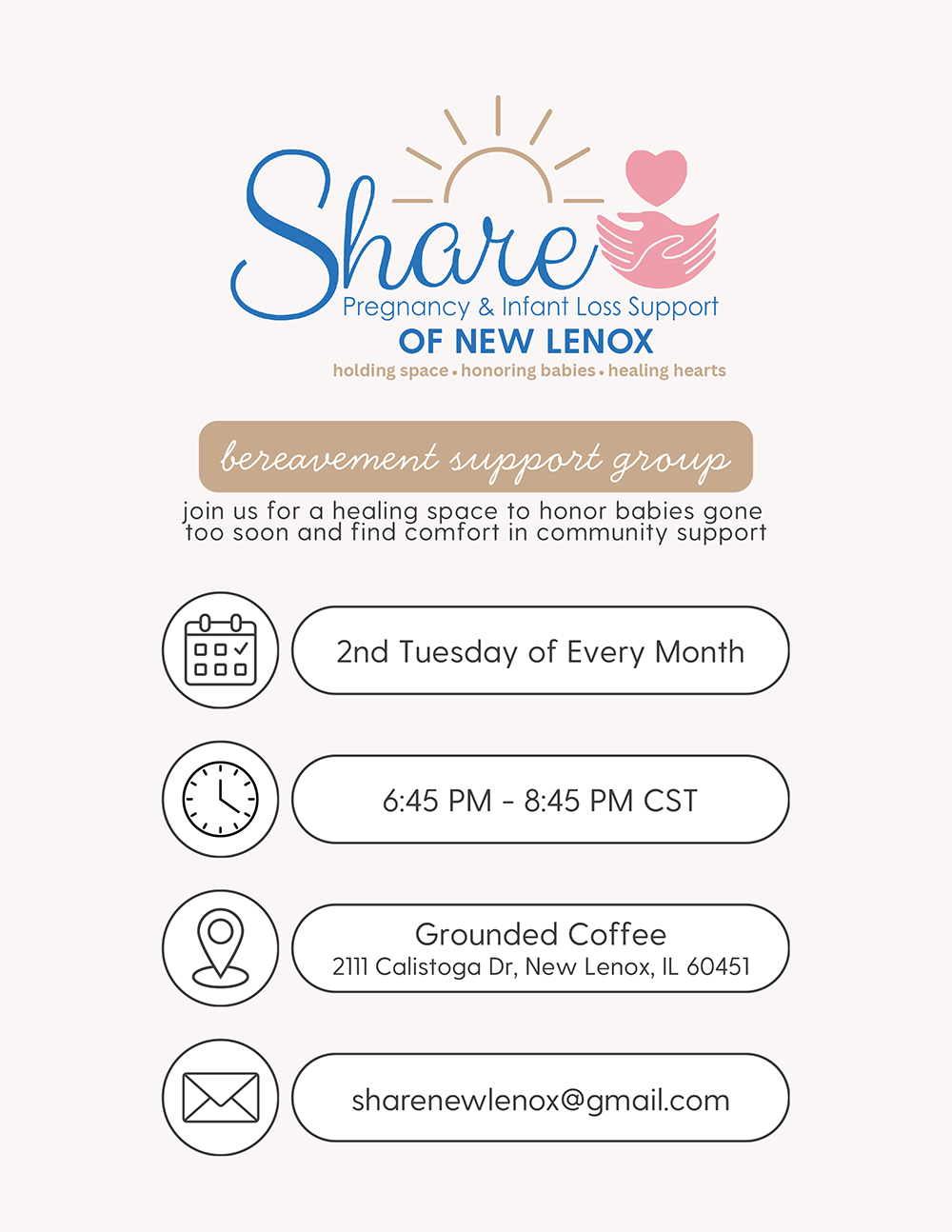
Infertility is the inability to get pregnant after attempting all methods of procreation for an extended period of time. It is an affliction that equally affects both men and women. However, this article will concentrate more on what causes it in women.
Infertility in Women
Infertility in women can result from several issues. The reasons may stem from diseases and habits that negatively affect fertility. Here is a look at some of those reasons.
Interruption of Oocyte Maturation
Among the most vital factors that affect conception is hormonal balance. Dysfunctions that cause an imbalance of hormones may disrupt ovulation, oocyte maturation, and luteal phase defect. Often, infertility may result from ovarian cysts in conjunction with high quantities of male hormones. Other issues that may lead to the same include:
Being over- or underweight
Certain forms of medication
Stress
Disorders of thyroid function
Extreme physical load
Rapid weight gain or loss
Endometriosis
Endometriosis occurs when your endometrium grows outside the uterus. The cause of this issue is still undergoing research. Experts think it happens when minuscule amounts of endometrial tissue enter the abdominal tissue during menstruation.
It passes via the fallopian tubes and attaches to organs like the ovaries, leading to adhesions. Such a situation often results in severely painful monthly periods. It may also damage the fallopian tubes or ovaries, resulting in fertility issues.
Sterilization
Like men choosing to undergo vasectomies, women can choose to undergo sterilization for whatever reason. It involves blocking your fallopian tubes to hinder the egg from traveling to the womb. Sterilization or tubal ligation is reversible, though your chances of becoming pregnant later are low.
Cervical and Uterine Issues
Several types of these issues can interfere with the implantation of an egg or put you at risk of miscarriage. Benign tumors or polyps often appear in the uterus. These include noncancerous fibroids growths in or around the uterus. They can affect fertility by disrupting the implantation or blocking the fallopian tubes.
These may not always stop you from getting pregnant, though. You may also fail to get pregnant due to uterine issues present since your birth. Cervical stenosis is a genetic issue that may affect your cervix through damage or malformation. In other cases, the cervix may fail to generate conducive mucus for the sperm to travel to the uterus.
Damaged Fallopian Tubes
Damage to fallopian tubes causes tubal infertility. It keeps sperm from reaching the egg by blocking the path of the inseminated egg to the uterus. Causes of this condition may include pelvic inflammatory disease. It is an infection in the fallopian tubes and uterus from sexually transmitted infections like gonorrhea and chlamydia.
Primary Ovarian Insufficiency
Experts refer to this as early menopause. Menstruation ends, and your ovaries stop working before age 40. The causes for this condition still baffle doctors today. However, some immune system illnesses can explain the early onset of menopause. Women carrying genetic diseases like Turner and Fragile X may suffer infertility.
Medication
Long-term use of nonsteroid anti-inflammatory drugs like aspirin or ibuprofen may complicate conception. Chemotherapy medication may cause ovarian failure, meaning your ovaries do not function properly. Antipsychotic medicines can sometimes interrupt your periods and cause infertility. Other forms of medication may reverse infertility once you recover from the disease they are treating.
For more about the causes of infertility, contact Partners in Obstetrics & Women’s Health at our New Lenox, Illinois office. Call (815) 240-0554 to schedule an appointment today.









